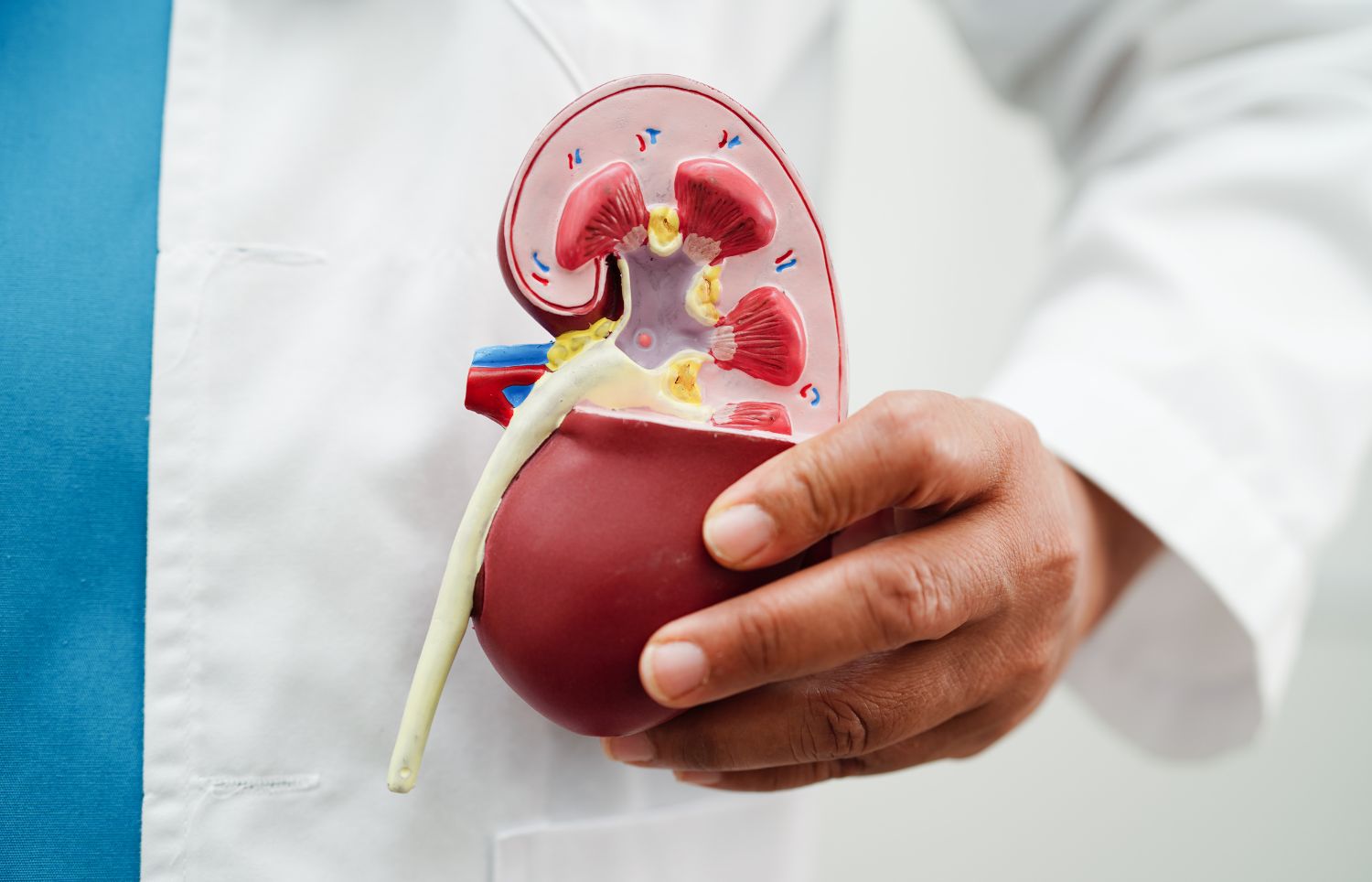Spinal cord injury nearly always affects control over the bladder and bowel. This is because the nerves controlling these internal organ are attached to the base of the spinal cord and then pass down through the cauda equina, the ‘horse’s tail’. Messages are no longer passed from the nerves in the bladder and bowel to the brain, this means you will not get the message that tells you the bladder and bowel are full and it’s time to go to the toilet.
If you’ve suffered spinal cord injury, bowel and bladder management will be a key part of your recovery. This article explores key areas of bladder control and bowel control with a focus on spinal injury, to help you understand the details.
Spinal cord injury and the bladder
Reflex Bladder
A reflex bladder allows automatic, involuntary control of the bladder so when the bladder fills above a certain level it contracts and urine flows out automatically. The reflex can be triggered by ‘tapping’ with the side of the hand at the base of the stomach, just above the pubic area; however, a rapid movement, laughter or spasm can also trigger bladder emptying when least expected.
Acontractile bladder
An acontractile bladder is a result of a lower lesion injury, the reflex arc is also damaged, and the bladder has no muscle tone and doesn’t contract to empty automatically. Instead, it continues to fill and small amounts of urine may eventually dribble out. The bladder can be emptied at regular intervals by intermittent self-catheterisation.
Spinal cord injury and the bowel
Reflexic hypertonic bowel
If you experience a reflexic hypertonic bowel you will continue to empty when stimulated, but you will lose the control you normally had from your brain. With this type of injury, the message telling you the bowel is full is not received; the muscle controlling the opening and closing of the anus stays tight. When the bowel gets full it empties automatically.
Flaccid hypotonic bowel
A Flaccid hypotonic bowel will not fully empty, even when stimulated. This is because the damage to the cord has damaged the pathways from the bowel wall into the reflex centre in the spine. Therefore there cannot be any reflex action. That means your reflexes do not work normally and the anal muscles stays relaxed.
Further Information
For more detailed information and support about SCI please visit the Spinal Injuries Association’s website at www.spinal.co.uk. You can also contact them via their helpline number on Tel: 0800 980 0501.








